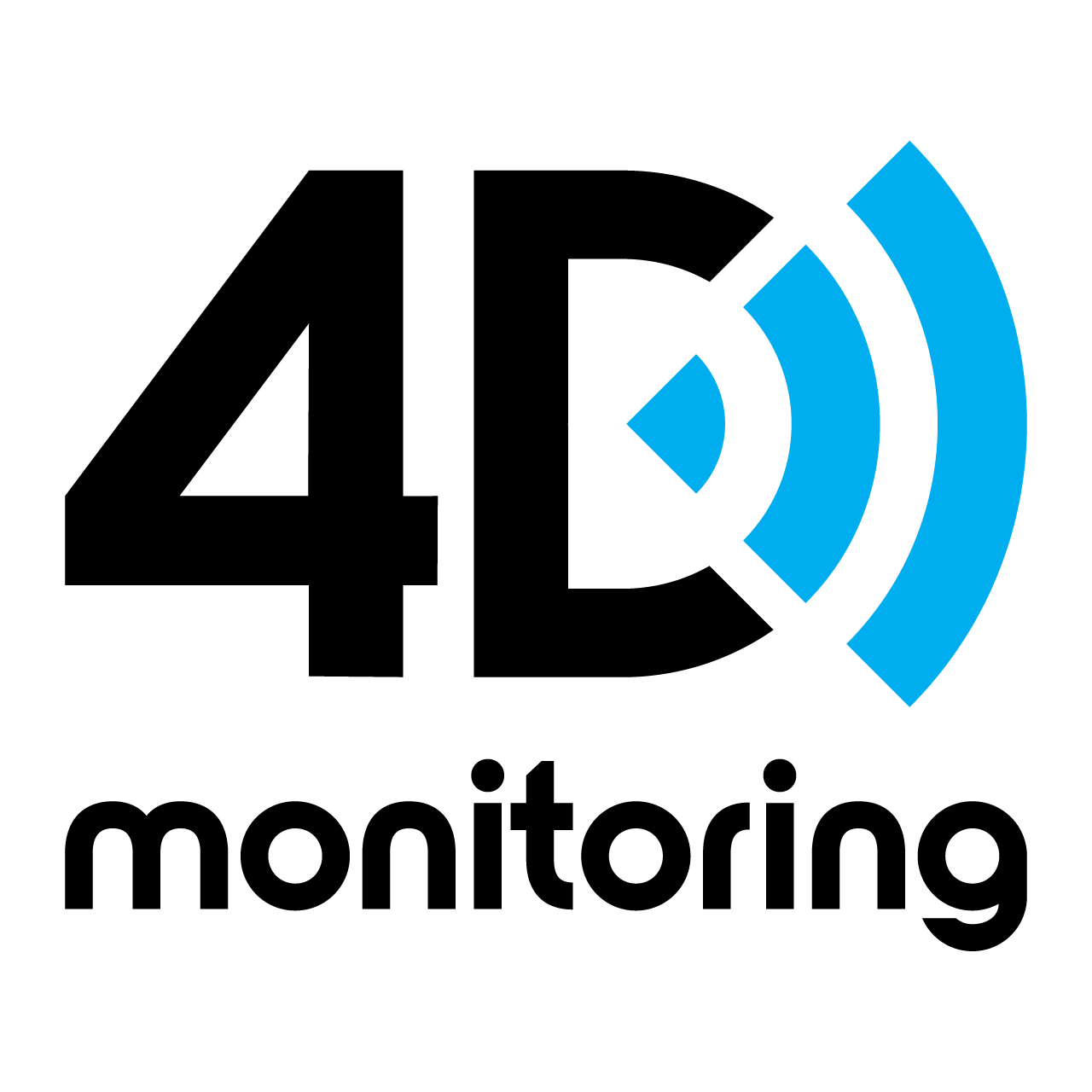Our Solution
4D Monitoring uses vibration sensors fitted directly to mechanical assets to measure changes in movement and frequency. Small shifts in vibration often indicate issues such as bearing wear, misalignment, or loose components long before failure occurs.
The data is streamed into our secure dashboards, where automated rules highlight abnormal patterns. This allows engineers to intervene at the right time, avoiding downtime and emergency call-outs.


Occupant complaints are a common consequence of poorly managed temperatures, ranging from discomfort in underheated or overheated areas to frustration with inconsistent conditions between floors or zones. Beyond reducing satisfaction, frequent complaints place added pressure on facilities teams and can negatively affect productivity and wellbeing — issues highlighted in CIBSE’s guidance on thermal comfort.
Occupant Complaints
Wasting Energy
Traditional maintenance waits for failure or relies on fixed calendar checks that may miss issues. By monitoring vibration continuously, facilities teams gain an early warning system — acting on the first signs of drift rather than waiting for expensive repairs, downtime, or tenant complaints.
<why it matters>
Asset Lifespan
Running pumps, motors, or fans in poor condition accelerates wear and shortens their useful life. That means more frequent replacements, higher capital spend, and greater disruption. By detecting issues early, vibration monitoring helps protect asset health and extend equipment lifespan.
Mechanical Wear
Mechanical components like bearings, belts, and couplings don’t fail suddenly — they degrade slowly over time. The earliest warning signs are subtle changes in vibration that can’t be detected by sight or sound alone. Without monitoring, these issues stay hidden until they cause costly faults.

Case Study
At Aviator Park, vibration sensors were deployed on key pumps and fan motors. Data revealed rising vibration trends consistent with bearing wear. Instead of failing between visits, the issue was addressed during the next planned maintenance window.
The result: no downtime, no emergency engineer call-outs, and extended asset life thanks to early intervention.
Get in Touch
REACH OUT, SHARE A QUESTION OR PROVIDE FEEDBACK ON OUR PRODUCTS. FILL OUT THE FORM AND WE’LL RESPOND AS SOON AS POSSIBLE.
